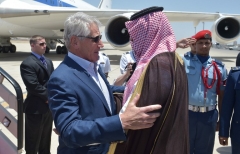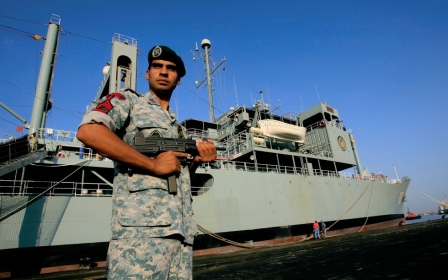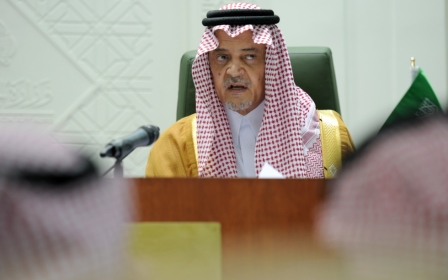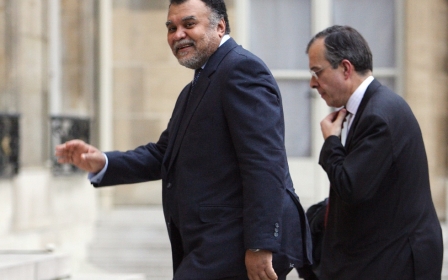Saudi ready to negotiate better ties with Iran says foreign minister
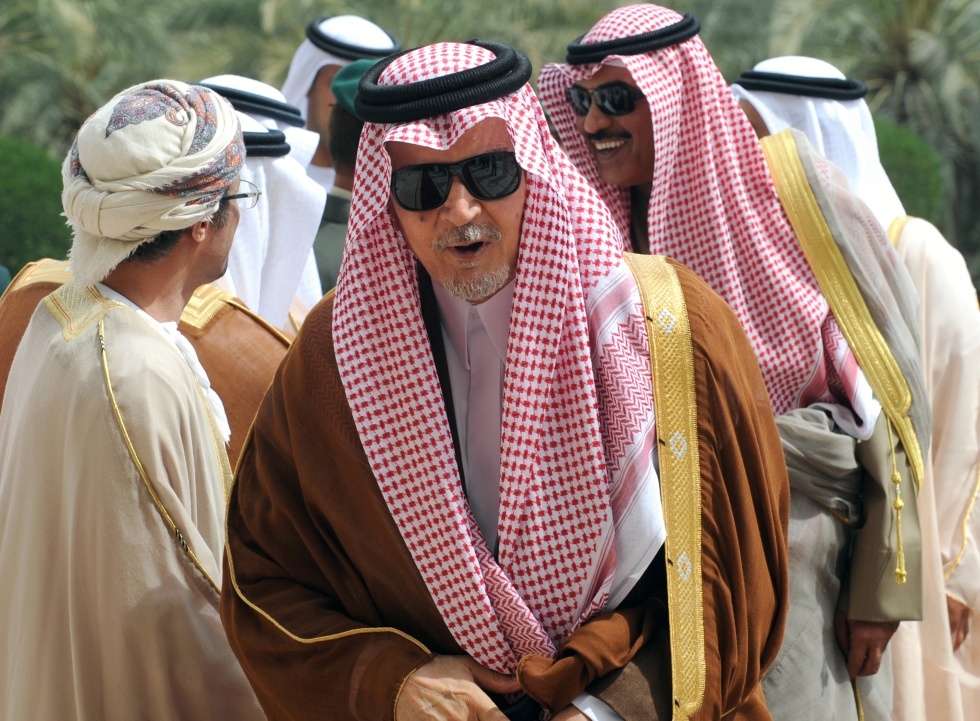
Saudi Arabia is ready to negotiate better relations with regional rival Iran, Foreign Minister Prince Saud al-Faisal told reporters in Riyadh on Tuesday.
His comments came as major powers held a fresh round of nuclear talks with Iran over its controversial nuclear programme amid a rapprochement between Tehran and the West.
"Iran is a neighbour, we have relations with them and we will negotiate with them," the Saudi minister said.
"We will talk with them in the hope that if there are any differences, they will be settled to the satisfaction of both countries," he told reporters.
"Our hope is that Iran becomes part of the effort to make the region as safe and as prosperous as possible, and not part of the problem of the insecurity of the region."
Shiite Muslim Iran and Sunni Saudi Arabia have been deeply divided over a raft of regional issues, particularly the three-year-old conflict in Syria, in which Tehran has backed the Damascus government and Riyadh has been a leading supporter of the rebels.
Faisal said that his Iranian counterpart, Mohammad Javad Zarif, had been invited to visit the kingdom.
"Any time that he sees fit to come, we are willing to receive him," he said.
Zarif said in December that he would like to visit Saudi Arabia and appealed to the kingdom to work with Tehran in the search for regional "stability."
After his election last July on a platform of ending Iran's international isolation, President Hassan Rouhani said he was particularly keen to reach out to Gulf Arab governments.
US official arrives in Saudi
Faisal's remarks came as US Defence Secretary Chuck Hagel was in Saudi Arabia on the first leg of a regional tour focusing on Iran's nuclear programme and the war in Syria.
US officials have struggled to reassure Gulf allies, particularly Saudi Arabia, over the interim nuclear deal that the major powers struck with Tehran late last year and which Riyadh fears will embolden its rival in its regional ambitions.
Washington's caution about arming the Syrian rebels has also soured its relations with its longtime Saudi ally.
"This trip will be the secretary's third to the Middle East in just over a year, and it will advance America's regional strategy in that region," Pentagon press secretary Rear Admiral John Kirby said last week.
Kirby last week said the US-GCC meeting will namely offer Hagel a chance "to underscore US security commitments in the Middle East and to reinforce the United States' unstinting policy of preventing Iran from acquiring a nuclear weapon and further destabilising the region."
The gathering will also focus on coordinating "air and missile defence, maritime security and cyber defence," he said.
After his stop in Saudi Arabia, Hagel will head to Jordan for talks on the raging civil war in its neighbour Syria.
"This visit will highlight the US commitment to the defence of Jordan, where more than 1,000 US personnel are on the ground working closely with Jordanian defence authorities," Kirby said.
Hagel will wrap up his regional tour in Israel for talks with top officials and to discuss efforts to bolster Israel's rocket and missile defences, Kirby said.
The tour is part of "our effort to work in a coordinated manner with allies and partners across the region to address common security challenges," according to the press secretary.
Middle East Eye propose une couverture et une analyse indépendantes et incomparables du Moyen-Orient, de l’Afrique du Nord et d’autres régions du monde. Pour en savoir plus sur la reprise de ce contenu et les frais qui s’appliquent, veuillez remplir ce formulaire [en anglais]. Pour en savoir plus sur MEE, cliquez ici [en anglais].


